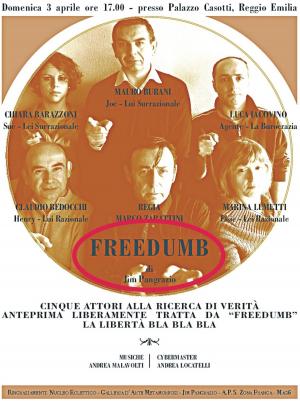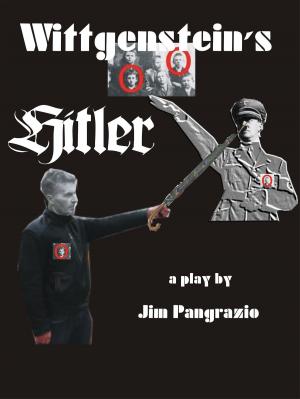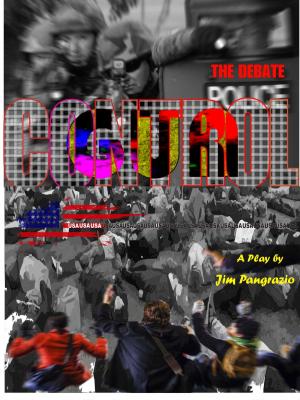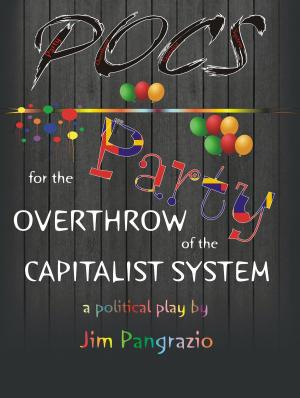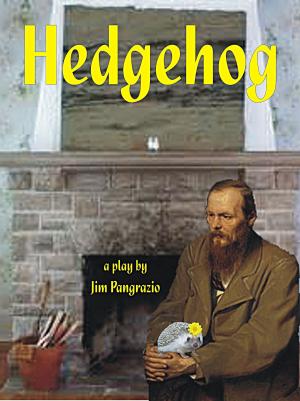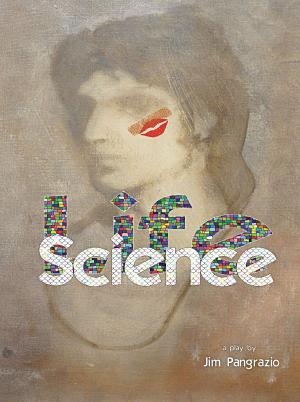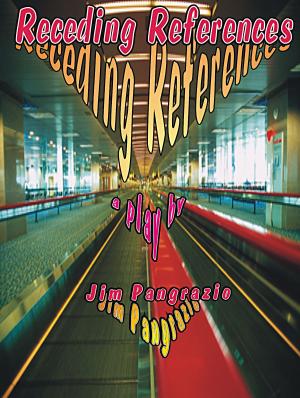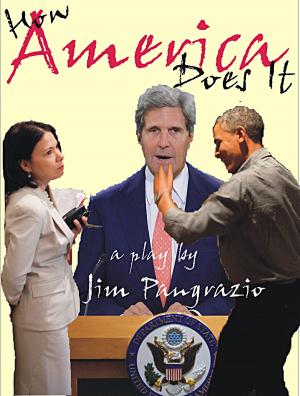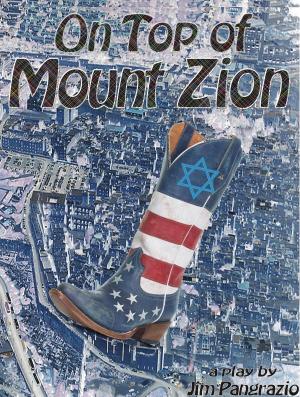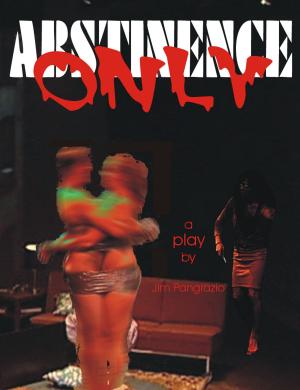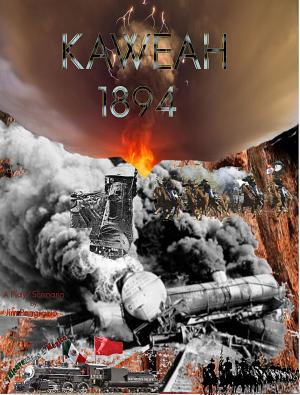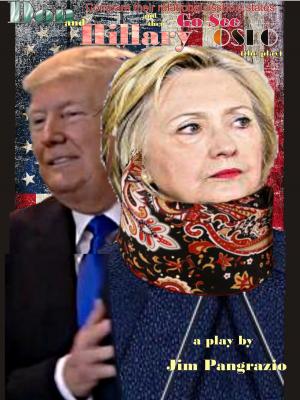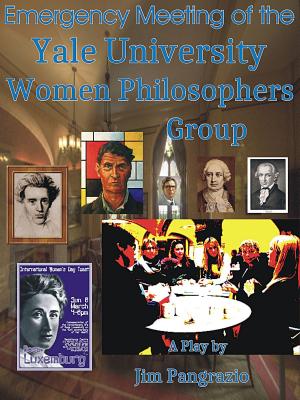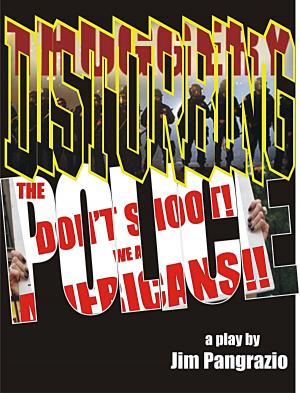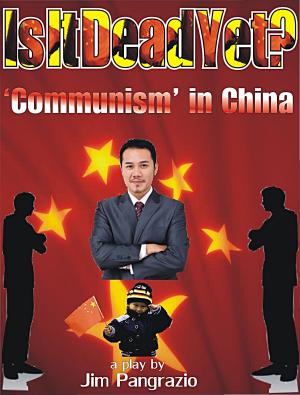Band of Brooders Presents The Death of Corporal Tillman
Fiction & Literature, Drama, American, Nonfiction, Entertainment| Author: | Jim Pangrazio | ISBN: | 9781311485762 |
| Publisher: | Jim Pangrazio | Publication: | June 5, 2015 |
| Imprint: | Smashwords Edition | Language: | English |
| Author: | Jim Pangrazio |
| ISBN: | 9781311485762 |
| Publisher: | Jim Pangrazio |
| Publication: | June 5, 2015 |
| Imprint: | Smashwords Edition |
| Language: | English |
The US invaded Afghanistan in 2001 and Iraq a couple years later. Both were expected to be walk-over wars for the most powerful country in the world. Instead, in 2004 both easy victories had blown up in the invader's faces. The people we were trying to subdue showed remarkable ingenuity and tenacity. Heavy American casualties were making the already unpopular wars objects of extreme national divisiveness. In addition, our rulers feared that the humiliating experience of not being able to silence guerrilla uprisings against the invasions made the nation look like a crippled giant to the rest of the world. Just at that time of peak concern by our rulers, Patrick Tillman, the NFL player who cast aside the game and millions out of patriotic fervor following 9/11, was about to be discharged from the army. During his three years in both countries he came to understand that both invasions were crimes. He had corresponded with Noam Chomsky, America's foremost dissident, and they planned to meet when he was out to discuss ways they could work together against the wars. The famous football player and veteran, and the famous dissident traveling the country speaking against the wars just when the wars were at their bleakest state was not something our rulers could accept. All physical evidence was destroyed, there were five plus phony investigations, there was a congressional investigation in which all those involved with the military could remember nothing. Everyone knows what happened to Tillman – he was assassinated – murdered by the nation he mistakenly chose to serve. Americans choose to turn away from such searching truths because they demand a response concerning the real nature of the country within which they live, and that generates a silencing fear. In this short play Rick's interactions and conversations with his squad may recount some of what Tillman would have said had his country given him the chance to say them.
The US invaded Afghanistan in 2001 and Iraq a couple years later. Both were expected to be walk-over wars for the most powerful country in the world. Instead, in 2004 both easy victories had blown up in the invader's faces. The people we were trying to subdue showed remarkable ingenuity and tenacity. Heavy American casualties were making the already unpopular wars objects of extreme national divisiveness. In addition, our rulers feared that the humiliating experience of not being able to silence guerrilla uprisings against the invasions made the nation look like a crippled giant to the rest of the world. Just at that time of peak concern by our rulers, Patrick Tillman, the NFL player who cast aside the game and millions out of patriotic fervor following 9/11, was about to be discharged from the army. During his three years in both countries he came to understand that both invasions were crimes. He had corresponded with Noam Chomsky, America's foremost dissident, and they planned to meet when he was out to discuss ways they could work together against the wars. The famous football player and veteran, and the famous dissident traveling the country speaking against the wars just when the wars were at their bleakest state was not something our rulers could accept. All physical evidence was destroyed, there were five plus phony investigations, there was a congressional investigation in which all those involved with the military could remember nothing. Everyone knows what happened to Tillman – he was assassinated – murdered by the nation he mistakenly chose to serve. Americans choose to turn away from such searching truths because they demand a response concerning the real nature of the country within which they live, and that generates a silencing fear. In this short play Rick's interactions and conversations with his squad may recount some of what Tillman would have said had his country given him the chance to say them.

